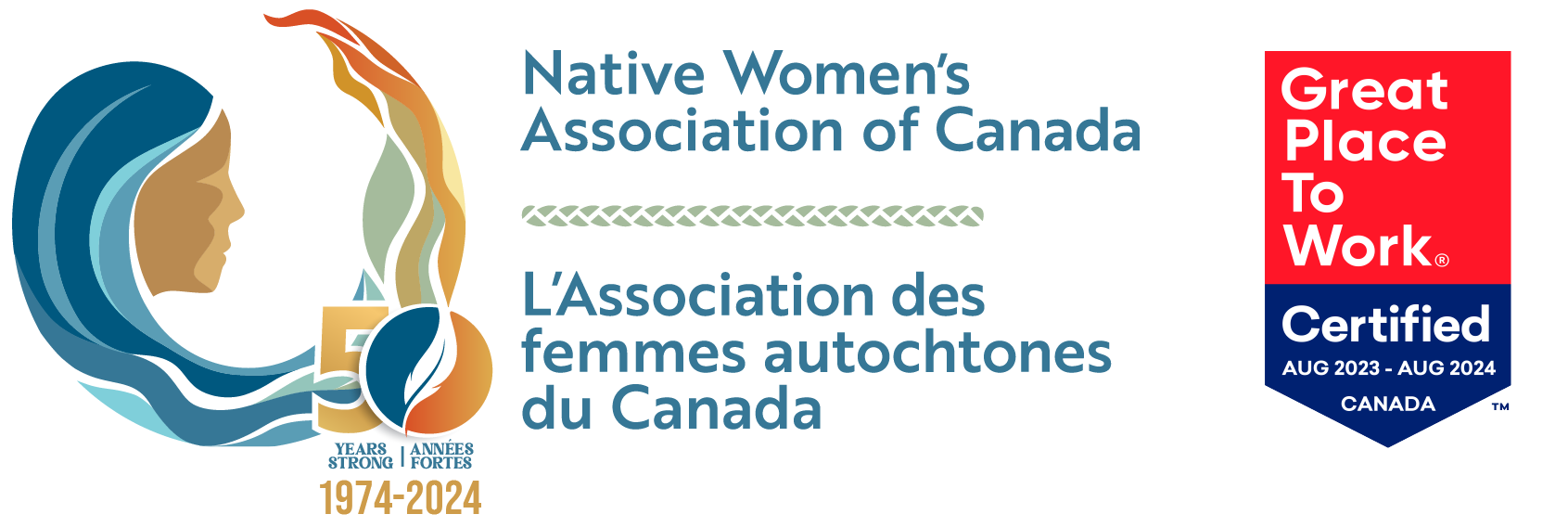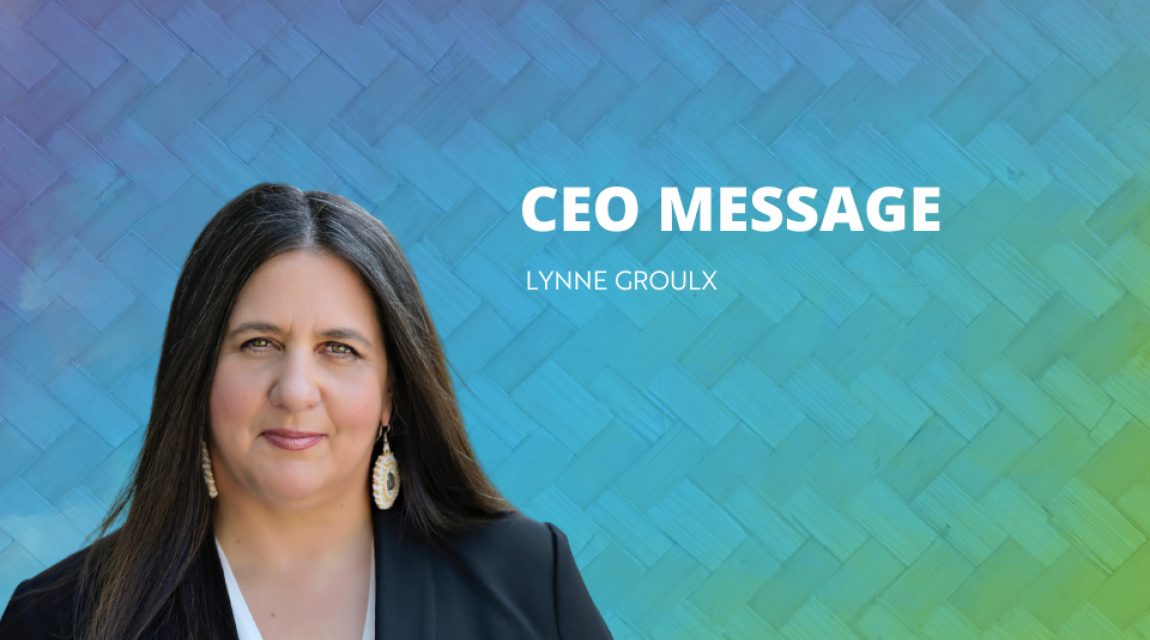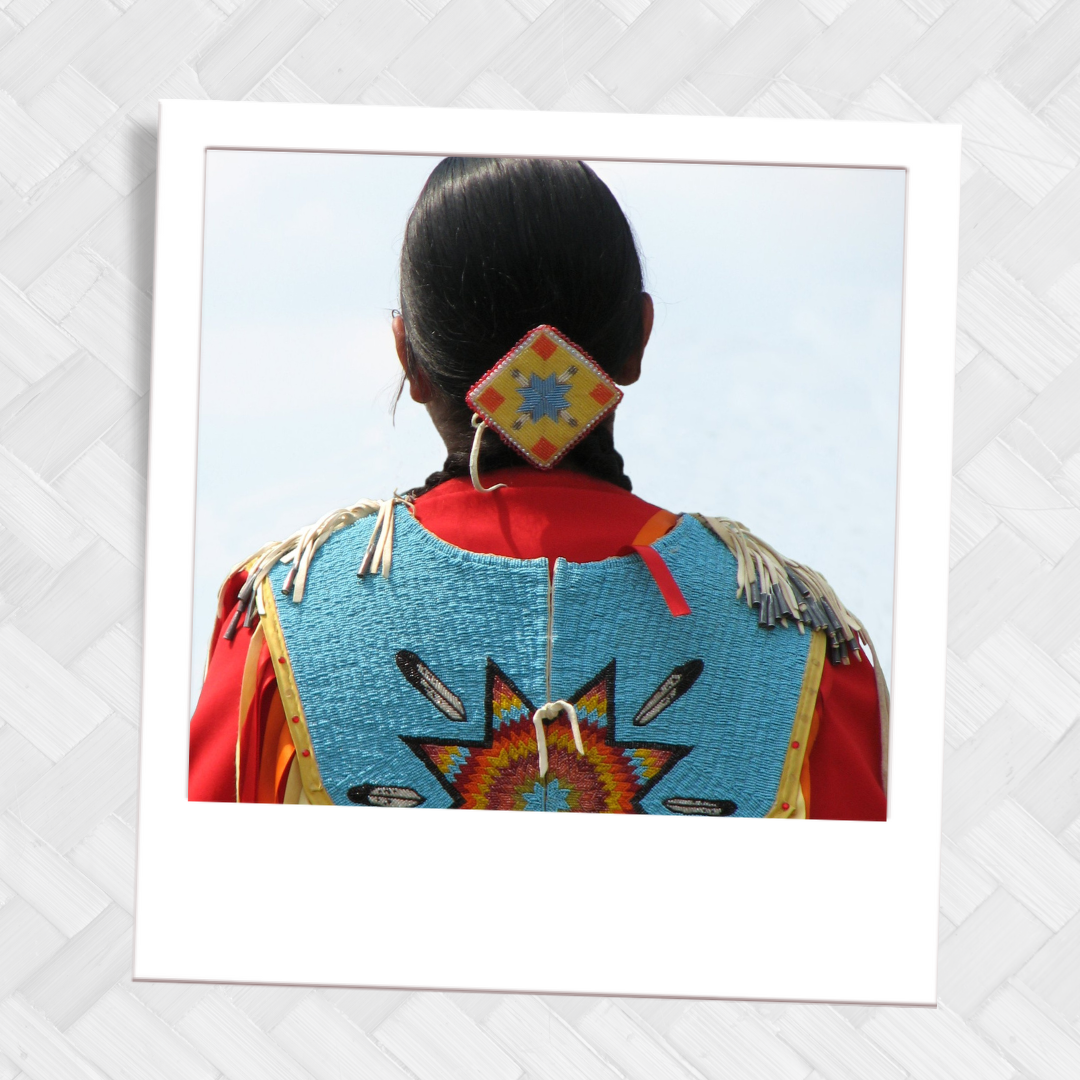June is National Indigenous History Month. While this month represents an opportunity to learn about the unique cultures, traditions, and experiences of First Nations, Inuit, and Métis, and to honour the stories, achievements, and resilience of Indigenous Peoples, it’s also opportune to not forget that Canada committed genocide against our people.


